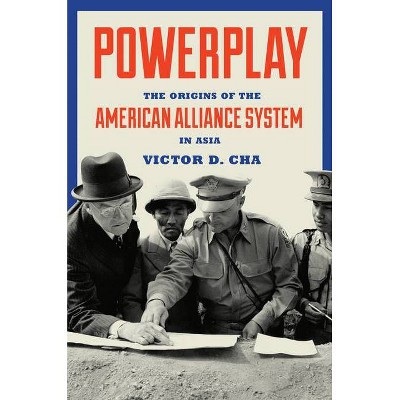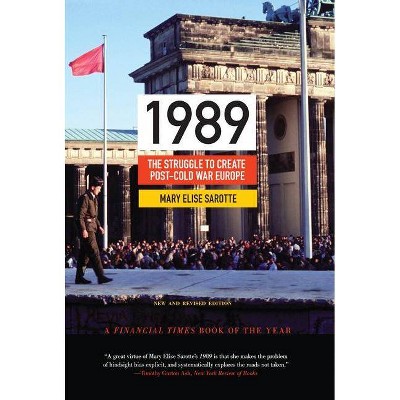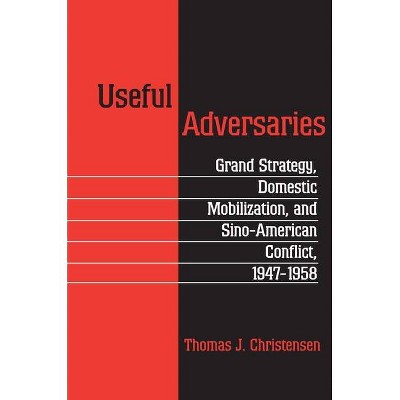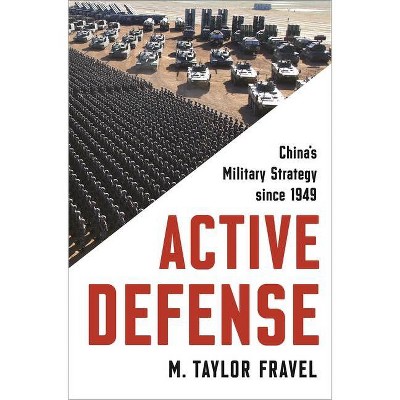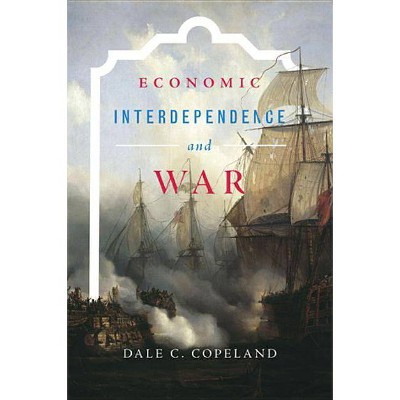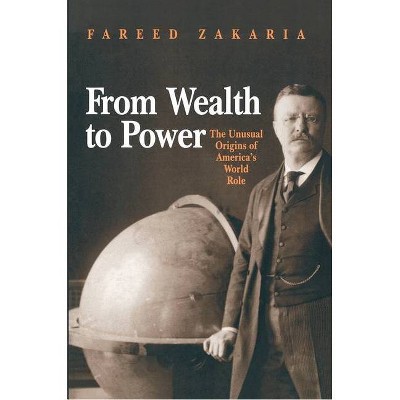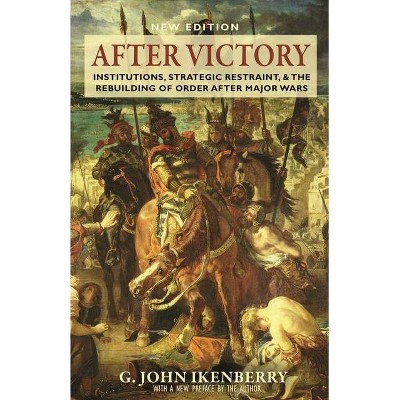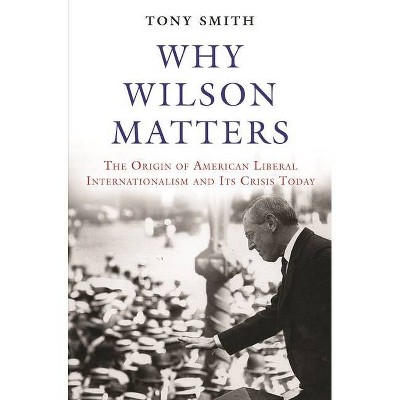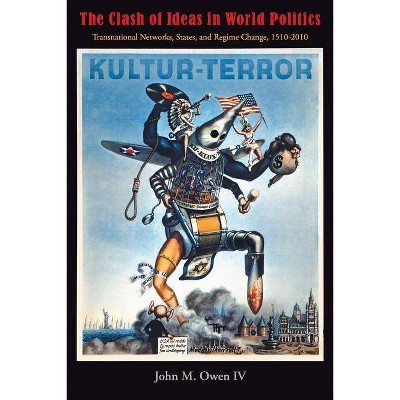Divided Armies - (Princeton Studies in International History and Politics) by Jason Lyall (Paperback)
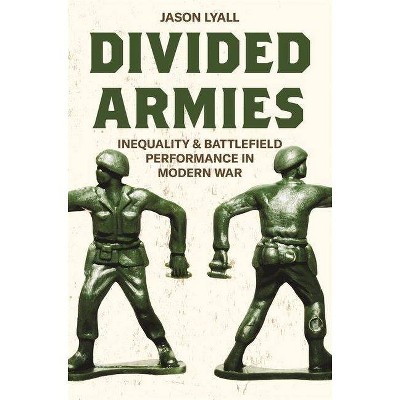
Similar Products
Products of same category from the store
AllProduct info
<p/><br></br><p><b> About the Book </b></p></br></br>"How do armies fight and what makes them victorious on the modern battlefield? In Divided Armies, Jason Lyall challenges long-standing answers to this classic question by linking the fate of armies to their levels of inequality. Introducing the concept of military inequality, Lyall demonstrates how a state's prewar choices about the citizenship status of ethnic groups within its population determine subsequent battlefield performance. Treating certain ethnic groups as second-class citizens, either by subjecting them to state-sanctioned discrimination or, worse, violence, undermines interethnic trust, fuels grievances, and leads victimized soldiers to subvert military authorities once war begins. The higher an army's inequality, Lyall finds, the greater its rates of desertion, side-switching, casualties, and use of coercion to force these soldiers to fight. In a sweeping historical investigation, Lyall draws on Project Mars, a new dataset of 250 conventional wars fought since 1800, to test this argument. Project Mars breaks with prior efforts by including overlooked non-Western wars while cataloguing new patterns of inequality and wartime conduct across hundreds of belligerents. Combining historical comparisons and statistical analysis, Lyall also marshals evidence from nine wars, ranging from the Eastern Fronts of World War I and II to less familiar wars in Africa and Central Asia, to illustrate inequality's effects. Sounding the alarm on the dangers of inequality, Divided Armies offers important lessons about battlefield performance over two centuries--and for wars still to come."--Provided by publisher.<p/><br></br><p><b> Book Synopsis </b></p></br></br><p>How do armies fight and what makes them victorious on the modern battlefield? In <i>Divided Armies</i>, Jason Lyall challenges long-standing answers to this classic question by linking the fate of armies to their levels of inequality. Introducing the concept of military inequality, Lyall demonstrates how a state's prewar choices about the citizenship status of ethnic groups within its population determine subsequent battlefield performance. Treating certain ethnic groups as second-class citizens, either by subjecting them to state-sanctioned discrimination or, worse, violence, undermines interethnic trust, fuels grievances, and leads victimized soldiers to subvert military authorities once war begins. The higher an army's inequality, Lyall finds, the greater its rates of desertion, side-switching, casualties, and use of coercion to force soldiers to fight. <p/>In a sweeping historical investigation, Lyall draws on Project Mars, a new dataset of 250 conventional wars fought since 1800, to test this argument. Project Mars breaks with prior efforts by including overlooked non-Western wars while cataloguing new patterns of inequality and wartime conduct across hundreds of belligerents. Combining historical comparisons and statistical analysis, Lyall also marshals evidence from nine wars, ranging from the Eastern Fronts of World Wars I and II to less familiar wars in Africa and Central Asia, to illustrate inequality's effects. <p/>Sounding the alarm on the dangers of inequality for battlefield performance, <i>Divided Armies</i> offers important lessons about warfare over the past two centuries--and for wars still to come.</p><p/><br></br><p><b> Review Quotes </b></p></br></br><br>Winner of the Lepgold Prize, Mortara Center for International Studies, Georgetown University<br><br>Winner of the Peter Katzenstein Book Prize, Cornell University Department of Government<br><br>The book provides the theoretical basis for an intuitively grasped characteristic of armed forces around the world today and through history. Its argument should inform future policymaking, as well serve as a basis to re-examine past wars.<b>---Axel Dessein, <i>Wavell Room</i></b><br><br>One of Foreign Affairs' Best Books of 2020<br><br>An extraordinary achievement, providing new ideas about the non-material determinants of battlefield performance, and presenting compelling quantitative and qualitative evidence. It will no doubt shape research agendas on war for many years to come.-- "Journal of Peace Research"<br><br>An inviting and challenging read, one that necessitates and rewards thoughtful investment.<b>---Dr. Larry D. Miller, <i>National Defense University Press</i></b><br><br>A welcome mingling of the traditions of quantitative and qualitative political science. He sets a rigorous and imaginative methodological standard that others will struggle to match.<b>---Lawrence D. Freedman, <i>Foreign Affairs</i></b><br><br>2019 War on the Rocks Holiday Reading List<br><p/><br></br><p><b> About the Author </b></p></br></br><b>Jason Lyall</b> is the James Wright Associate Professor in Transnational Studies and associate professor of government at Dartmouth College, where he also directs the Political Violence FieldLab.
Price History
Cheapest price in the interval: 31.99 on November 8, 2021
Most expensive price in the interval: 32.49 on October 23, 2021
Price Archive shows prices from various stores, lets you see history and find the cheapest. There is no actual sale on the website. For all support, inquiry and suggestion messages communication@pricearchive.us
